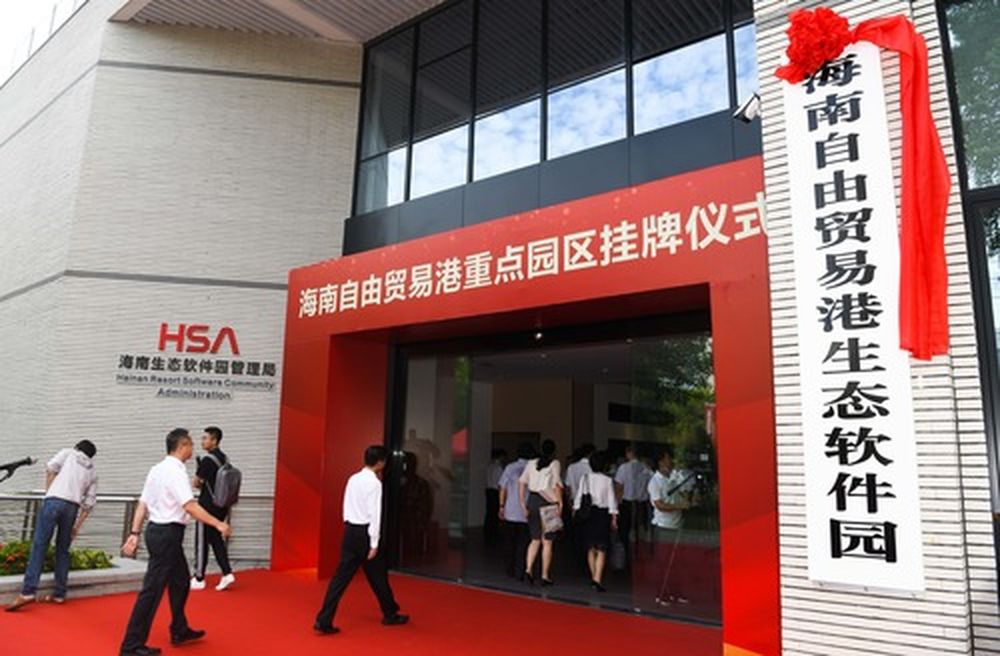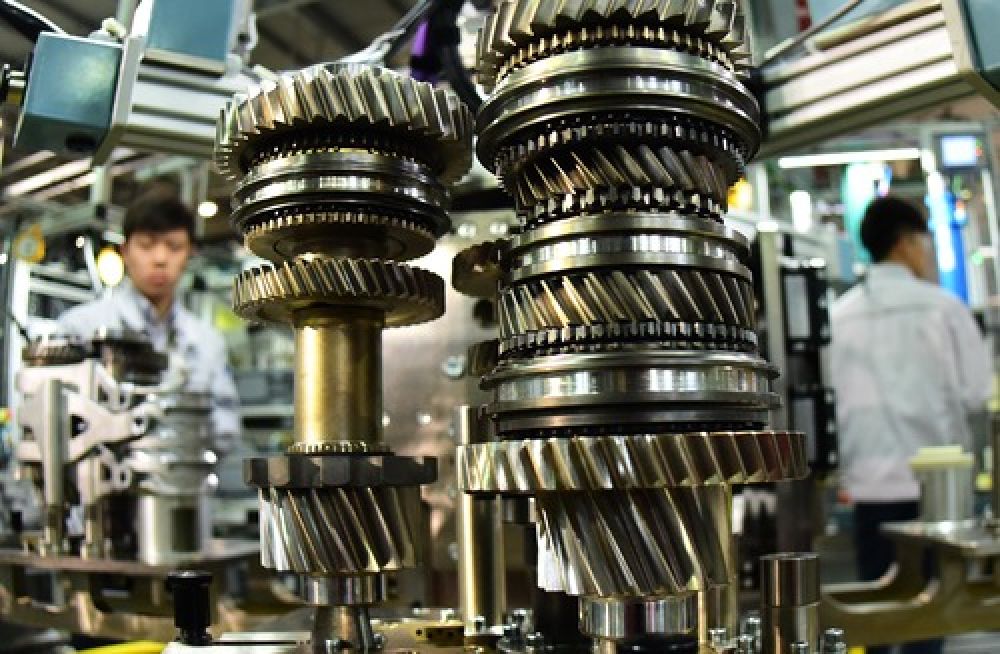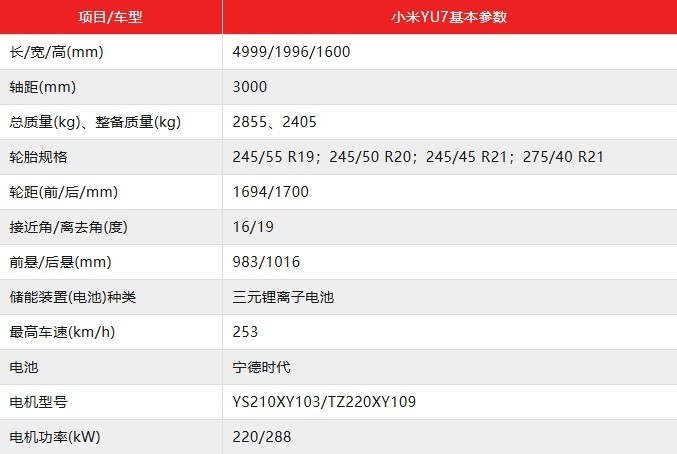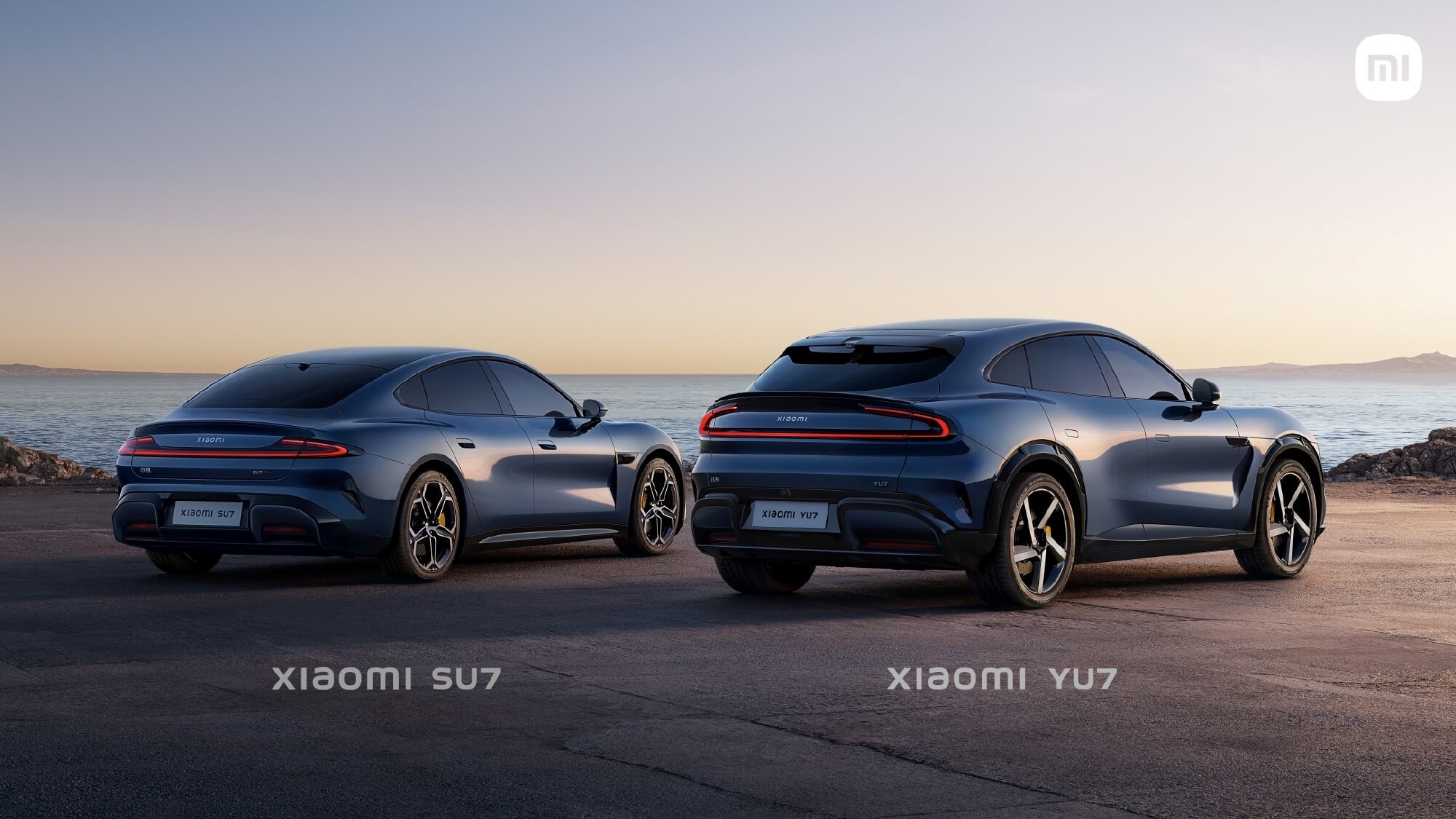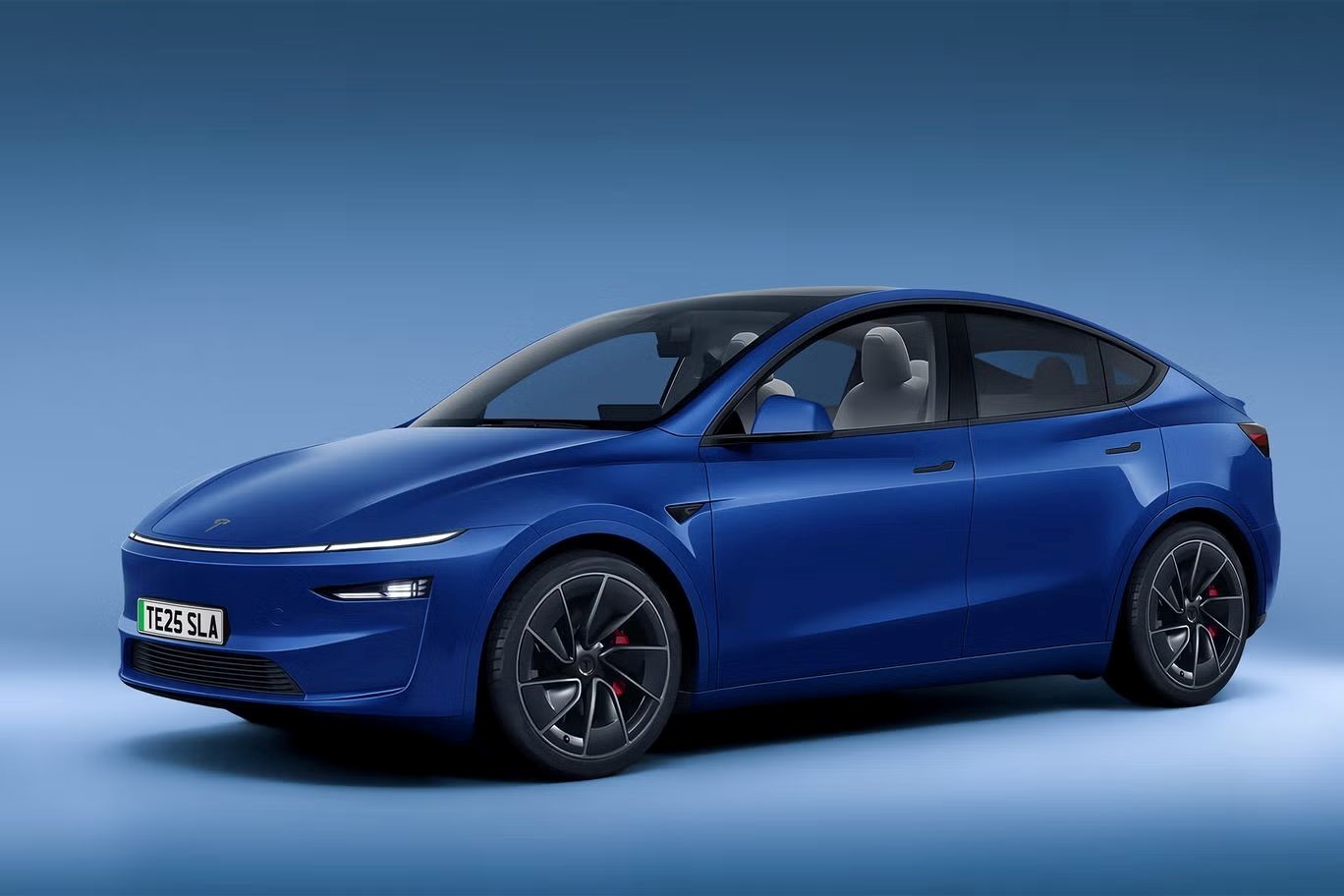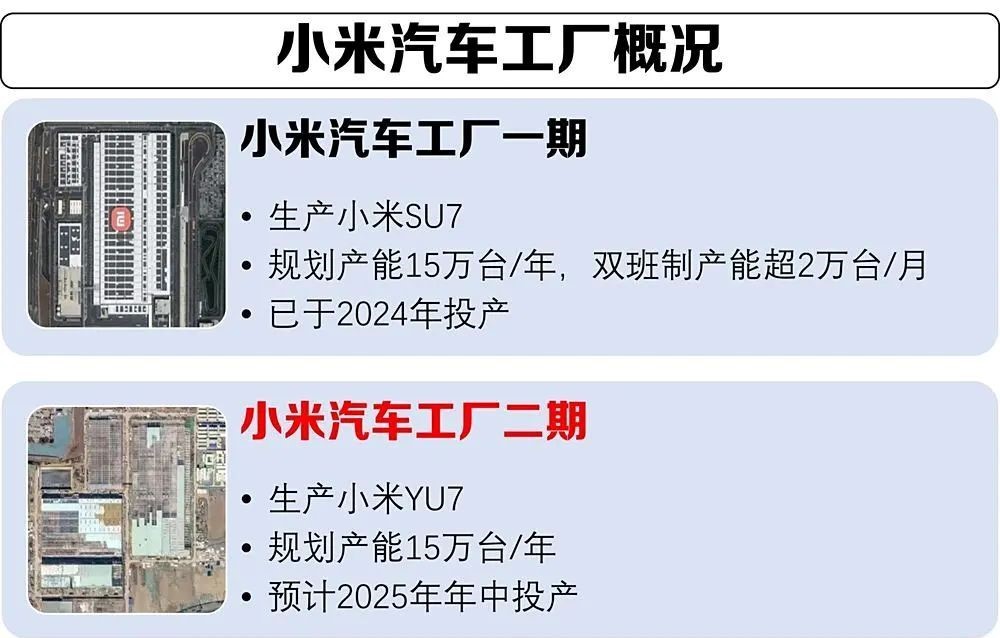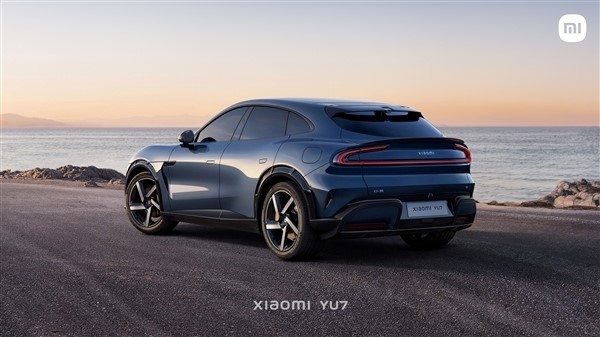The latest news of Tianjin epidemic situation (January 20, 2022)
The latest news of Tianjin epidemic situation (January 19, 2022)
The latest news of Tianjin epidemic situation (January 18th, 2022)
The latest news of Tianjin epidemic situation (January 17, 2022)
The latest news of Tianjin epidemic situation (January 16th, 2022)
Tianjin’s latest epidemic news: 39 new confirmed cases in COVID-19.
From 00: 00 to 24: 00 on January 14th, 2022, there were 39 new confirmed cases of COVID-19 in Tianjin (including one case from asymptomatic infected person to confirmed case). Two newly confirmed cases imported from overseas in COVID-19 were added. There are no new asymptomatic local infected persons and no new asymptomatic imported infected persons.
From January 8 to January 14, 2022, Tianjin reported a total of 181 confirmed cases in COVID-19, and 181 cases were in hospital. A total of 22 cases of asymptomatic infection were reported, of which 20 cases were still under medical observation and 2 cases were confirmed.
From January 2020 to January 14, 2022, Tianjin reported a total of 329 confirmed cases of novel coronavirus, 145 discharged cases, 3 dead cases and 181 hospitalized cases. A total of 501 cases of imported novel coronavirus were reported, 411 cases were discharged and 90 cases were in hospital. A total of 499 asymptomatic infected patients (472 cases imported from abroad) were reported, of which 372 cases were released from medical observation, 64 cases were still under medical observation (including 20 cases in China and 44 cases imported from abroad) and 63 cases were converted into confirmed cases. A total of 24,336 close contacts have been traced, and 5,722 people are still under medical observation.
At 7: 00 on January 15th, Tianjin started the third round of all-staff nucleic acid testing!
On the afternoon of January 14th, Tianjin Epidemic Prevention and Control Command issued Circular No.6, the full text of which is as follows: In order to effectively protect people’s life safety and health, and consolidate the achievements made in the current epidemic prevention and control work, Tianjin Epidemic Prevention and Control Command decided to carry out the third round of all-staff nucleic acid detection in the whole city on the basis of the preliminary detection of key areas. The notice is as follows:
First, from 7: 00 on January 15th, all residents who live in our city kept their places of residence relatively static at that time. According to the overall deployment of the district prevention and control headquarters and the organizational arrangements of the streets (towns) and communities (villages), they went to the designated places to actively cooperate with the nucleic acid detection in time. Complete the nucleic acid detection of personnel in the area within 24 hours.
Two, nucleic acid detection and urban operation security related staff to listen to the work arrangements of this department.
Three, who did not participate in the nucleic acid testing within the specified time, the "health code" is adjusted to "orange code", and after the completion of nucleic acid testing and the result is negative, it is turned into "green code".
Four, the district must put the people’s life safety and health in the first place, be sure to protect the people’s necessary emergency medical needs. The prevention and control headquarters of each district is responsible for formulating and implementing specific plans for nucleic acid detection and screening in this district, strictly implementing responsibilities, improving safeguard measures, improving the efficiency of nucleic acid collection, delivery, inspection and reporting, and truly achieving "every household should be inspected, and no one should be missed" to ensure the completion of the third round of nucleic acid detection with high quality and efficiency.
V. Special notice: (1) The residents are requested to actively cooperate with the staff of each sampling point to do a good job in sample collection. The public security organs will strictly investigate the legal responsibility of those who refuse to cooperate, do not support the nucleic acid detection work, disturb the order, conceal, lie or falsify information according to law. (2) Residents are requested to carry valid certificates such as ID cards and foreign identity certificates according to the organizational arrangements of the community (village), grid members and grid team leaders, and go to the designated sampling points in an orderly manner in different periods to sample, so as to ensure that no one household is missed. (3) Residents are requested to do personal protection during the sampling period, wear masks all the time, take the initiative to take the temperature test, and keep a distance of more than one meter to prevent cross-infection. At the same time, pay attention to cold and warmth, and take care of the elderly and children.
Two medium-risk areas in Tianjin were adjusted to high-risk areas.
On the afternoon of January 14th, Tianjin held the 168th press conference on epidemic prevention and control. At the press conference, Han Jinyan, director of the Tianjin Center for Disease Control and Prevention and deputy director of the Tianjin Municipal Health and Wellness Committee, introduced the scope of Tianjin’s dynamic adjustment of community control. The details are announced as follows: From 18: 00 on January 13, 2022, Tianjin will adjust Xinyu Garden in Xinzhuang Town, Jinnan District and Longhu Zichen in Xianshuigu Town from medium-risk areas to
High-risk area; Adjust xinzhuang town Bishui Century Garden, Shangyue Garden, Xinting Garden, Xinwangli and Zhangjiazui Village in Jinnan District, Chunfuli in Xianshuigu Town (Jinjiuxuan Community), Dongwangjiayuan, Xinyang Garden, Shang Hu Garden in Balitai Town, Shangli Garden in Beizhakou Town, Litaoyuan in Shuang Gang Town, Yu Tai Jiayuan in Dasi Town in Xiqing District of Tianjin and Shengtai Garden in Wangwenzhuang Town.
Medium-risk area. In Hexi District, 3 doors of Building 11 of Tianxiaoyuan in Meijiang Street are designated as closed control areas, 11 buildings of Tianxiaoyuan in Meijiang Street (except for 3 doors) are designated as control areas, and Tianxiaoyuan in Meijiang Street is designated as prevention areas. In Jinnan District, the original sealed-off areas were xinzhuang town Linjin Garden, Linxiu Garden, Xinyu Garden, Shouchuang Xingjingyuan, Yijia Garden, Xinze Garden, Bishui Century Garden, Xinting Garden, Shangyue Garden, Xinwangli, Huayuan Boston, Xinshengli, Fengda Garden, Xinyang Garden, Zhonghuili, Longhu Zichen, Tongze Garden, Chengxin Li and waterfront Hua Ting. Add Tinglan Garden in Xinzhuang Town, Baoye Xinyuan in Xianshuigu Town, Shanhe Garden in Shuang Gang Town and Liujing Home as closed control areas. The scope of other control areas and prevention areas remains unchanged. Hongqiao District has designated Building 3 in Yixinli as a closed control area; Yixinli Community (except Building 3) and Renai Garden Community are control areas; Yixinli Community, Boshengda Comprehensive Farmers’ Market, Building 3, Building 4, Building 5 of Xiqing Road and the surrounding businesses (except the closed control area and the control area) are the prevention areas. Xiqing District has designated three buildings in Area C of Yu Tai Home in Dasi Town, No.16 Building of Shengtaiyuan in Wangwenzhuang Town, and No.2 Building of Longjinyuan in the north exit of Dasi Town as closed control areas. Binhai New Area has designated 42 and 43 gates of Haiwangyuan in TEDA Street as the closed control area, and the area outside the closed control area of Haiwangyuan Community in TEDA Street and Guoxin Building as the control area. In addition to the sealed control area and the control area,The area east of Tengfei Road, west of Shimi Road, south of the third street and north of the second street is the prevention area.
In the second round of nucleic acid screening in Tianjin, 44 cases were positive, 32 cases were from isolation points and 12 cases were from closed control and control areas.
On the afternoon of January 14th, Tianjin held the 168th press conference on epidemic prevention and control. At the press conference, Han Jinyan, director of the Tianjin Center for Disease Control and Prevention and deputy director of the Tianjin Municipal Health and Wellness Committee, introduced that up to now, the second round of all-staff nucleic acid screening in Tianjin started at 12: 00 on January 12th, and a total of 12,067,865 people were sampled. All the nucleic acid tests have been completed, and 44 cases were positive, of which 32 cases were from isolation points, 12 cases were from sealed control and control areas, and the rest of the test results were negative.
In this round of epidemic in Tianjin, the oldest is 78 years old and the youngest is 2 years old. There are 45 family gatherings.
On January 14th, 2022, Han Jinyan, director of Tianjin Center for Disease Control and Prevention and deputy director of Tianjin Health and Wellness Committee, introduced at the 168th press conference on novel coronavirus epidemic prevention and control in Tianjin. According to the analysis of epidemiological survey data, up to now, the oldest patient is 78 years old and the youngest is 2 years old, and the proportion of newly infected people is increasing. Judging from the incidence curve, the number of cases increased gradually from January 4, and increased obviously from January 8, and entered a platform period. The epidemic affected 18 towns in 5 districts, including Jinnan District, Xiqing District, Hexi District, Hongqiao District and Binhai New Area. At present, the towns with more than 2 cases are located in Jinnan District except Dasi Street and Wangwenzhuang Town, which are located in Xiqing District. At present, there are 45 cases of family gathering, with 2 to 5 cases in each family. Among them, the communities with more than 2 cases of family gathering only involve xinzhuang town and Xianshuigu Town in Jinnan District. At present, the source of infection in this epidemic has not been identified, but the transmission relationship between the infected people has been clear, and all infected people are still related to Jinnan District.
The trajectory of the 81st-100th case of positive infection in Tianjin local epidemic was announced.
81 (male, 11 years old) were infected, and were later diagnosed as local confirmed cases (light cases) by municipal experts.
27-31 December and 4-7 January:
Gao Zhuangzi primary school
January 1st:
17: 30-18: 30 Keluoke Music School (xinzhuang town Huayuan Bostonian Business School)
January 7:
17:10-17:20 Shishang Home-cooked Restaurant (Linxiu Garden)
17:20-18:40 Keluoke Music School (xinzhuang town Huayuan Bostonian Business School)
18:40-18:50 Shishang Home-cooked Restaurant (Linxiu Garden)
82 cases (female, 31 years old) were positive, and were later diagnosed as local confirmed cases (light cases) by municipal experts.
28-30 December and 3-8 January:
19:05-24:00 Regal International Hotel
December 31:
10:00-10:30 Qixian Nanli Downstairs is famous for its excellent products.
20:44-24:00 Regal International Hotel
January 1-2: Fuxili, Linxi District, guye district, Tangshan, Hebei.
January 4: 12:00 Baoji Road Flower, Bird, Fish and Insect Market
January 6: 11:30-13:37 Tunlaoer Peasant Pot-stewed (Fumin Road Branch)
January 7: 13:00-14:30 Sibao beef offal noodles on Hongqi South Road.
January 9: 11:00 -13:00 Qixian Nanli Renrenle Supermarket
83 (male, 35 years old) with positive infection, whose typing is to be determined.
December 27th to January 8th: 16:30-24:00 Regal International Hotel
January 9: 1:00-2:30 Tianjin Hospital
January 10th:
5:00-6:00 Tianjin Hospital
6:30-7:00 Friendship Vegetable Market (Zijinshan Road)
84 (male, 11 years old) with positive infection, and the typing is to be determined.
December 27th-31st and January 4th-7th: 7:15-18:00 Gao Zhuangzi Primary School.
85 (female, 11 years old) were infected, and were later diagnosed as local confirmed cases (light cases) by municipal experts.
December 27th to 31st: 7:00-18:00 Gao Zhuangzi Primary School.
January 1st: 7:00-11:00 Gao Zhuangzi Primary School.
January 2: 16:00-16:30 Jinzhou Road Vegetable Market (Chengde Limenkou)
January 4-7: 16:00-16:30 Jinzhou Road Vegetable Market (Chengde Limenkou)
86 cases (female, 30 years old) were positive, and were later diagnosed as local confirmed cases (light cases) by municipal experts.
December 26th:
9: 00-13: 00 Jing Yun Xuan in Dongli District
13: 08-15: 00 Jinnan Yongwang Yahui gourmet
27-31 December and 5-8 January:
8:00-18:00 Hairui (Tianjin) Adhesive Products Co., Ltd. (Ligangyuan)
December 30th:
19:10-19:36 Metro Line 6 (Jinghe Road-Xianshuigudong)
20:10-20:42 CR Vanguard Supermarket (Wuyue Plaza)
December 31:
18: 00-21: 43 Xiqing Zhongbei Yongwang
22: 00-24: 00 Hexi Zuo ‘an International Film City
January 1st:
11:00-14:00 Gome and Suning in Hexi South Building
16:00-16:30 Renhe Vegetable Market
January 2:
19:00-23:00 Xinsheng Commercial Street Pot-stewed Hotel
23:10- 0:00 the next day, Star-studded KTV in Xinhao Plaza.
On January 4th:
18:18-18:50 Jinnan Yongwang Yahui Food City
18:50-21:30 Yijia Garden
January 5: 18:30-21:30 Wuyue Square
January 8: 11:00-11:30 Renhe Vegetable Market
87 (male, 35 years old) with positive infection, and the typing is to be determined.
December 27th to 31st and January 3rd to 4th: 8:30-17:30 Huajie Automation Technology (Tianjin) Co., Ltd. (No.8 Gaoying Road, North Zhakou Demonstration Town)
January 5: 10:00-12:30 Xiaoma Shroud Store (Hongqi Road Store)
January 6: 14:00-15:30 Renjia Garden
January 7:
7:30-9:20 Dagang Funeral Home
9:20-9:50 Yijing Garden
15:00-16:00 Shang Hu Garden, West of Balitai Zhonghai International Park.
88 (female, 9 years old) were positive, and were later judged as asymptomatic local infections by municipal experts.
December 28th to 31st: 7:30-17:00 Gao Zhuangzi Primary School.
January 1st: 9:00-10:00 Xinsheng Commercial Street
January 4th to 7th: 7:30-17:00 Gao Zhuangzi Primary School.
89 (male, 13 years old) were infected with the virus, which was later diagnosed as a local confirmed case (mild) by municipal experts.
December 27th-31st and January 4th-7th: 7:10-20:15 Xinzhuang Middle School.
January 8: 11:30-12:00 Linjin Garden Commissary
90 cases (male, 30 years old) were positive, and were later diagnosed as local confirmed cases (light cases) by municipal experts.
December 25th, 27th-28th, 30th-31st and January 3rd-8th: Tianjin Longruida Locomotive and Rolling Stock Parts Co., Ltd.
December 26th: 19: 00-19: 10 McDonald’s (R&F Festival Walk, Xianshuigu Town, Jinnan District)
December 29:
18:40-19:00 Tomato Field Art in Wuyue Square, Jinnan
19:00-20:00 Wuyue Plaza Micun Bibimbap
December 31st: 11:50-12:10 McDonald’s (Shop No.2, No.42 Jinqi Road West, Xiaozhan Town)
January 1st:
17:30-18:30 Laoyi Barbecue (Theater Xili)
18:30-20:30 Jin Zeyuan Bath
January 3rd: 16:17-16:30 Zhongyuan Modern Office Stationery Store (Tiyuchang Road Store)
January 5:
11:56-12:00 Dongji Pancake (sold near Jiangnan)
19:00-20:00 Tomato Field Art and Old Town Street Faces on the first floor of Wuyue Square.
January 7:
12:00-12:40 McDonald’s (Shop No.2, No.42 Jinqi Road West, Xiaozhan Town)
18:40-18:44 Heyayuan 7-11 Convenience Store
January 10th: 12:00-12:05 Heyayuan Quality Beef Noodles
91 (female, 11 years old) with positive infection, and the typing is to be determined.
December 27th-31st and January 4th-7th: Gao Zhuangzi Primary School.
January 3-5: 18:40-20:50 Zhaoheng Plaza Children’s Art Sunshine International English
January 7th: 20:10-20:30 Xiaoyingxing Children’s Language Art Center in Xianshuigu Town.
92 (female, 29 years old) were infected with the virus, which was later diagnosed as a local confirmed case (mild) by municipal experts.
December 29th, January 1st and 5th: Tomato Field Art Training Center in Wuyue Square, Jinnan, and rice village bibimbap.
January 1st:
17:30-18:30 Laoyi Barbecue (Theater Xili)
18:30-20:30 Jin Zeyuan Bath
January 2:
11:00-12:00 Xiqing Zhongbei Yongwang sushi and UR clothing store on the 1st floor.
17:00-18:00 Jinnan AEON
On January 4th:
10:30-13:00 Salt Water Selling Yuetan Commercial Building and KFC
13:30-14:30 Jin Zeyuan Bath.
January 5: 19:00-20:00: Old Town Street on the first floor of Wuyue Square.
January 6: 11:00-12:00 Balitai Jinjiao Vegetable Market
January 7th: 11:00-12:00 Children’s Hospital (Racecourse Campus) Emergency.
January 10th:
9:30-9:50 Heliyuan No.6 building grocery store
9:50-10:10 Jialejia Convenience Store (small supermarket on the first floor of Building 14 of Heliyuan)
93 (male, 23 years old) with positive infection, and the typing is to be determined.
December 27th to 30th, 2nd to 5th, 8th and 9th: China Petrochemical Lubeikou Service Area Refueling Station (south of Lubeikou Service Area of Jinjin Expressway).
December 27th (20:41-21:00) and January 1st (6:12-6:30): Shengtaiyuan North Gate Supermarket.
December 29th (10:31-12:00), 31st (10:52-15:25), January 1st (18:32-19:06), 4th (9: 30-17: 00), 6th (8: 57
January 3:
7:36-8:00 Xiaosunzhuang Center Street and Porridge Shop
20:37-21:00 Dasizhen Shiji Hualian Supermarket (Lishuang Road Store)
94 (male, 16 years old) with positive infection, and the typing is to be determined.
December 27th-31st, January 4th-7th Station No.1 Middle School
95 (male, 49 years old) were infected, and were later diagnosed as local confirmed cases (common type) by municipal experts.
From December 29th to January 2nd and 4th, Jinghua Spring in Jinghai Town, Jinghai District
On January 3rd, 5th and 7th, Sanma Road Mingte Shopping Center in Nankai District (opposite McDonald’s in the southwest corner)
96 (female, 7 years old) were infected, and were later diagnosed as local confirmed cases (common type) by municipal experts.
December 27th-31st, January 4th-7th: Xianshuigu No.6 Primary School.
January 1st.
15:00-16:00 Metro Line 6 (Xianshuigu West Station)-Line 5 (Tianjin Hotel)-Transfer to Line 1 (Xiawafang Station)-Yingkou Road.
16:00-19:40 Binjiang Road
19:40-20:40, the subway will return the same way.
97 (female, 39 years old) were infected with the virus, which was later diagnosed as a local confirmed case (mild) by municipal experts.
December 27th-31st, January 3rd-7th: Deyou Real Estate (No.7, Building 3, Zijiang Xinyuan, Jinnan District)
December 27:
12:18-13:30 Zi Jiang Xin Yuan Di Shang donkey meat fire, Wallace
12:30-13:00 Zijiang Xinyuan Dishang Shiji Hualian Supermarket
19: 06-19: 15 Harrow Convenience Store at the bottom of Building 38, Longhu Zichen
December 30th:
18:06-18:20 Manrenxiang chestnuts are fresh (near Zijiang Xinyuan)
19:44-20:00 Anxintang Pharmacy (Zijiang Road)
January 1: 14:00-16:25 South Building of Wuqing Jun ‘an Financial Center
January 2: 9:53-10:30: roasted seeds and nuts with big trunk fruits (north gate of Hui ‘an Garden) and fair-price fruits and vegetables (north gate of Hui ‘an Garden).
January 3:
13:50-14:30 Zi Jiang Xin Yuan Di Shang Gulou Ergu Steamed Bun
19:44-20:00 Longhu Zichen Dishang Harrow Convenience Store
January 5: 18:18-18:30 Huifeng Garden Black Spot Roast Chicken Sauce Products
98 (female, 10 years old) were positive, and were later judged as asymptomatic local infections by municipal experts.
December 27th-31st, January 4th-7th: Gao Zhuangzi Primary School.
January 3:
9:00-11:30 Renhe Garden, Shuang Gang Town
11:30-13:00 Hexi district renrenle supermarket
99 (male, 12 years old) were infected, and were later diagnosed as local confirmed cases (common type) by municipal experts.
December 27th-31st, January 4th-7th: Gao Zhuangzi Primary School.
January 2:
11: 00-11: 30 Bus No.652 (Zhongxinzhuang-South Ring Road)
11:30-16:00 Wuyue Square
16: 00-16: 30 Bus No.652 (South Ring Road-Zhongxinzhuang)
16:30-18:30 Saizeriya Restaurant, Yongwang Shopping Mall, Jinnan District
100 cases (male, 38 years old) were positive, and were later diagnosed as local confirmed cases (common type) by municipal experts.
December 27th, 30th, January 3rd and 5th: Tianjin Baosen Construction Co., Ltd. (xinzhuang town, Jinnan District, the first warm mountain elegant garden).
December 27th: 23:42- 0:30 the next day: Jinglan Roasted Meat Night Food (Water Park Branch)
December 28th: 0:30-2:30 DD party entertainment (intersection of Heiniucheng Road and Huanhu Middle Road)
December 31:
17:30-18:45 Barbie Modeling (Shaoxing Road, Hexi District)
18:55-20:00 Yilide Restaurant
January 5: 18:18-20:30 Cuiji Pot Stewed Live Fish (Chilong Street, Jinnan District)
At present, related work is still in progress. The disease control department reminds people who have an intersection with the published case trajectory to report to the community, unit or disease control department immediately, and cooperate with various prevention and control measures such as centralized isolation, home isolation, health monitoring and nucleic acid detection.
The above published are the main risk areas in the trajectory of positive infected people for public reference.
Source: CCTV News, Jinyun
